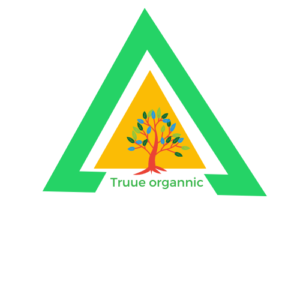Truue organic
Organic product
The specific content of organic products can vary depending on the type of product. For example, organic fruits and vegetables would be grown without synthetic pesticides or fertilizers, while organic skincare products might include natural and organic ingredients, avoiding synthetic chemicals.

Organic Food Products:
- Fruits and Vegetables: Grown without synthetic pesticides or fertilizers.
- Meat and Dairy: From animals raised without antibiotics or synthetic hormones.
Organic Skincare Products:
- Plant-based ingredients: Organic oils (e.g., coconut, jojoba), herbal extracts, and essential oils.
- Avoidance of synthetic chemicals: No parabens, phthalates, or artificial fragrances.
Organic Clothing:
- Organic fibers: Cotton, wool, or linen grown without synthetic pesticides.
- Eco-friendly dyes: Natural or low-impact dyes.
Organic Cleaning Products:
- Plant-based cleaning agents: Derived from natural sources like citrus, vinegar, or essential oils.
- Avoidance of synthetic chemicals: No chlorine, ammonia, or artificial colors.
Organic Supplements:
- Organic plant extracts: For herbal supplements.
- Avoidance of synthetic fillers: No artificial preservatives or additives.
When shopping for organic products, consumers often look for certifications from recognized organic standards organizations. For instance, in the United States, the USDA (United States Department of Agriculture) certifies organic products, while in the European Union, the EU Organic logo is commonly used.
It’s important to note that regulations and certifications may vary by region, so it’s advisable to check for the specific standards applicable in your area. Reading product labels and doing some research on the certification standards can help ensure that you are purchasing genuine organic products.


